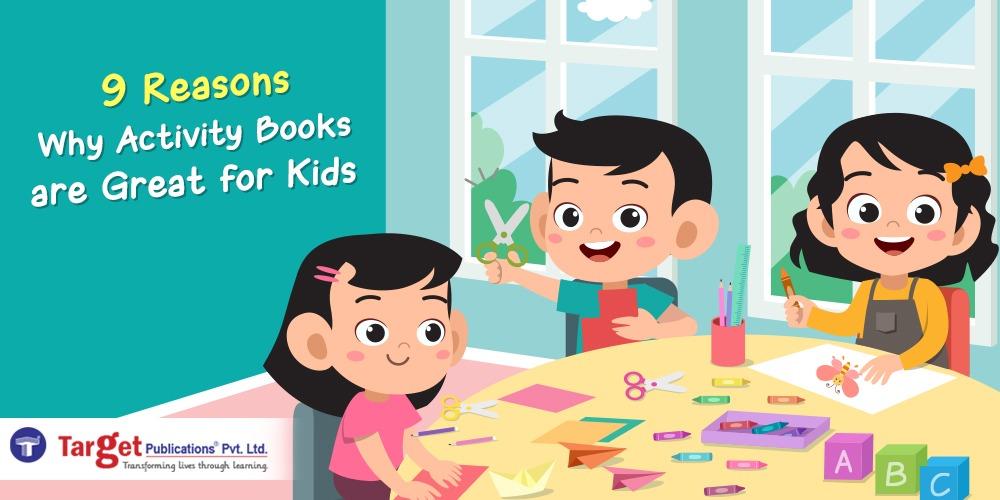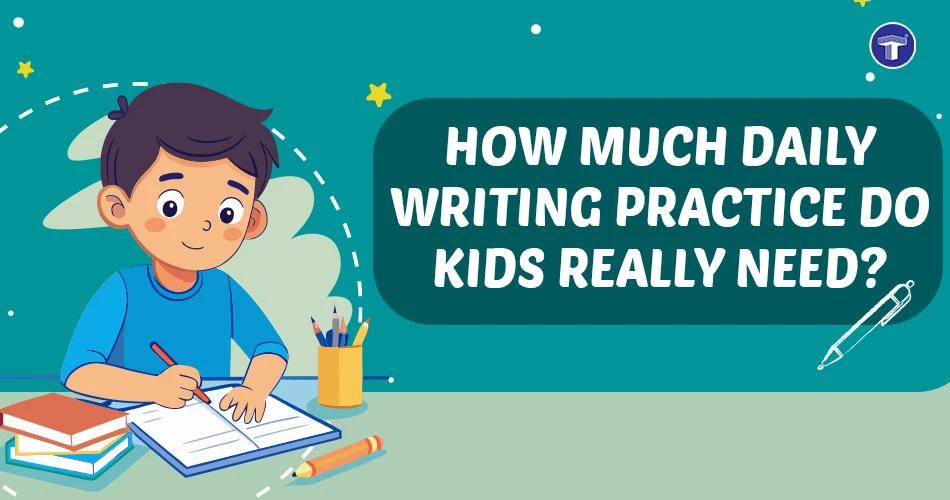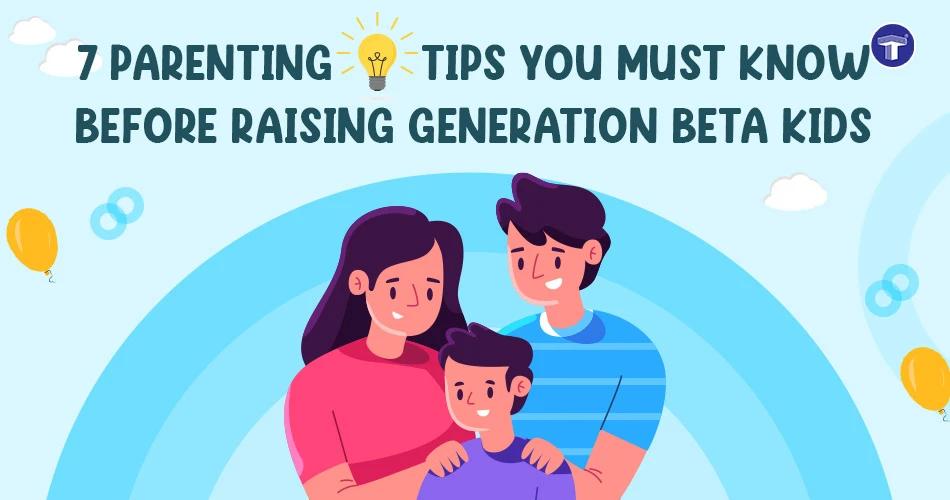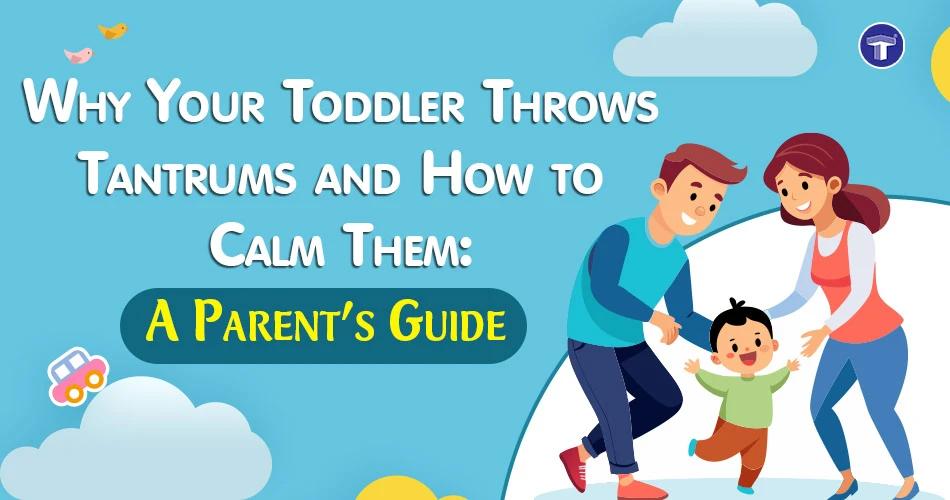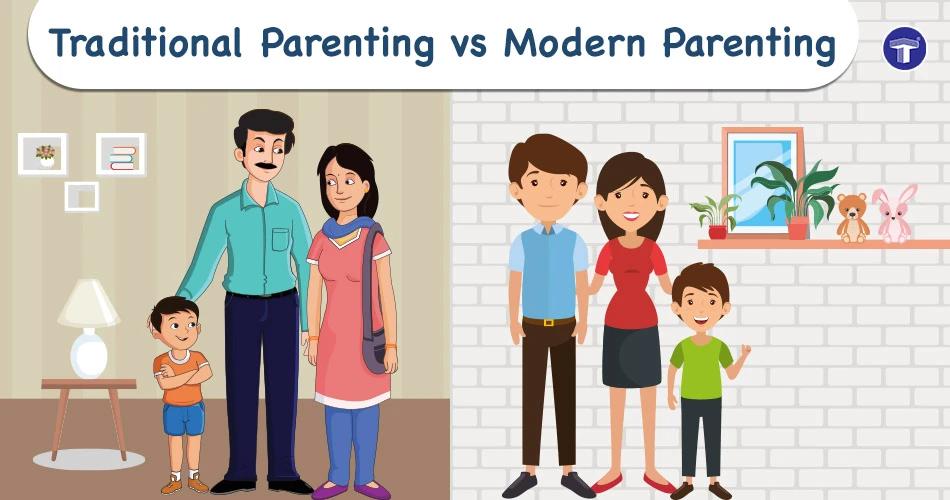“There is more treasure in books than in all the pirates' loot on Treasure Island, and best of all, you can enjoy these riches every day of your life.â€
Walt Disney (1901-1966)
The summer vacations are almost upon us. After two long years, the raging pandemic has taken a backseat and life can continue as it once was. Parents can now let their kids play outside without a care in the world and kids don’t have to be glued to their screens any more.
Children’s addiction to screens, however, might yet be a persistent problem. While they served their pedagogical purpose during the pandemic, spending endless hours in front of screens is an unhealthy habit that needs to be broken. It can be an especially difficult feat if your children are between the ages of 3 to 12.
Furthermore, summer vacations are the perfect opportunity for children to develop a hobby or skill. For those in pre-primary, it’s important that this time doesn’t cause a break in learning for they tend to forget what they learn in school if the information isn’t reinforced repeatedly.
That’s one of the bigger places where activity books come into play. Friends might not always be available to play with and you might be busy with work. But during those downtimes, activity books can play the part of your child’s friend and teacher. For within the pages of something as simple as an activity book lies a world of skills to be introduced to, learned and mastered.
If you are still on the fence about investing in activity books for your little one, here’s a list to elaborate on the many ways in which activity books help foster your child’s development:
Activity Books Make Learning Fun
Mundane school worksheets can only go so far as a teaching aid. Their basic and simplistic layout may be the best way to introduce concepts but they can seem monotonous. Activity books are bright, vivacious and carry eye-catching themes that keep kids endlessly entertained. They can make even something as tiring as practising writing numbers and letters enjoyable!

Kinaesthetic Learning Aid
Kinaesthetic learning, also known as tactile learning, is the most effective way that kids learn. Through this type of learning, a child acquires knowledge in a hands-on environment. It requires motion and the stimulation of all or most of their senses to grasp and retain information—interactive learning of sorts. Activity books offer this opportunity for interactive learning through drawing, colouring, crafting and treasure hunt-like games.
For example, in a simple activity of jotting all the living things they see out their window, a child physically has to go to the window and observe what they see, then jot it down. This way, the child’s knowledge of what living things are is tested, their observational and object identification skills are polished, and their visual and tactile senses are stimulated.
Developing and Perfecting Motor Skills
Tracing, colouring and join-the-dots type of activities help kids fine-tune their motor skills. By learning to colour within the lines, gradually learning to trace exactly on the given lines and ultimately joining dots without guidelines, children develop their motor skills, hand-eye coordination and get to perfect their pencil control. Activities such as drawing and painting require synchronous movement of the fingers, arm and upper torso, which, too, enhance motor skills.
Reinforce Concepts Learned In School
The revision or reinforcing what children learn is very important. If not done, the information acquired will be forgotten and learning it again may not be easier the second time around. Activity books span all the fundamental subjects. Kids’ activity books such as number writing, letter writing and general knowledge activity books offer ample practice while testing their existing knowledge. The repetition ensures concepts stick with them permanently.
On the other hand, if your child is struggling with a subject, then you might want to look for an activity book so your kid can strengthen their skills in an engaging way.
Nurture Critical Thinking
Critical thinking is a very important skill to inculcate when kids are young. Activity books are designed to intellectually challenge little ones. More often than not, an activity will require a child to first analyse the given information, then experiment with various methods before deciding the best approach to solve the activity. Unlike regular worksheets that follow a one-track approach, activity books push kids to go through all the concepts they know and pick, choose, or combine them to complete the activity.
Polish Problem Solving Skills
This skill is part of critical thinking. It is a two-step process that involves a) identifying the problem and b) finding ways to solve the problem. When going through the instructions of an activity, children first have to deduce what they are supposed to do, look to the illustrations for more comprehension, then go about finding ways to get to the solution. Their search for answers leads to them thinking out of the box. Maze, Math and logic-based activities are great examples of activities which develop such problem-solving skills.
Develops Metacognition
Metacognition is an amalgamation of one’s methods used to plan, track and assess one’s own thought patterns as well as performance. Needless to say, solving countless activities naturally guides them through this process of assessing their own way of understanding the manner in which they think, ensuring a deep awareness of the self in addition to arriving at solutions faster.
Encourage Creativity And Self-Expression
Colouring and drawing activities are means of artistic self-expression and creativity. They boost the mind to feel free and act independently. Activity books provide the basics required to draw and colour, after which a child can tap into their own imagination and create without boundaries.
Travel Buddy
Last but not least, activity books are great travel companions for kids. From car rides to rainy days at home, activity books are enough to keep them creatively engrossed.
There are many types of activity books –colouring, drawing, painting, joining the dots, tracing, math, mazes, brain teasers, riddles—you name it! There is bound to be one that’s the perfect fit for your child.
All in all, activity books are a child’s ticket to healthy screen-free entertainment. They are fun, educational and a great stress buster for kids.



